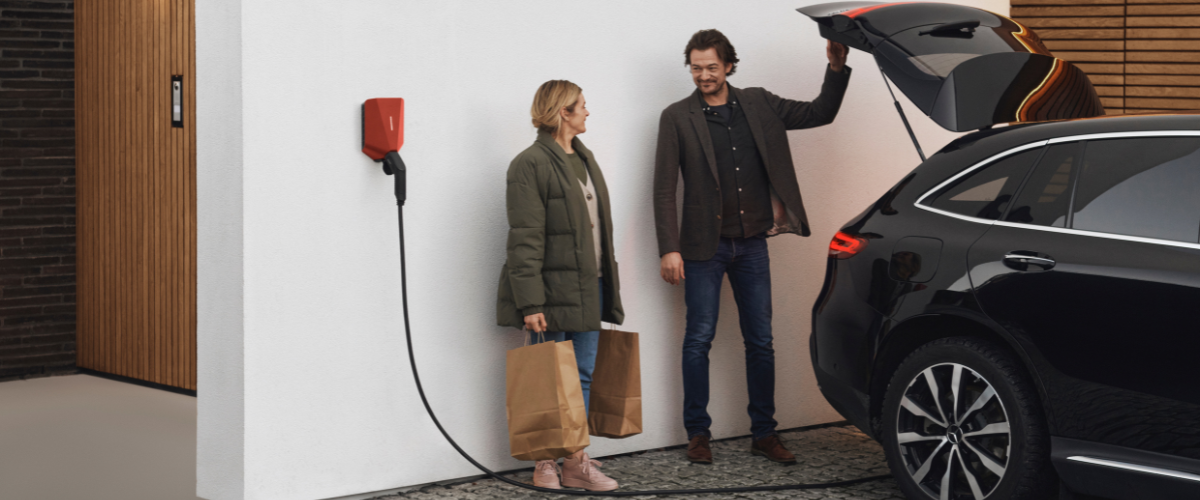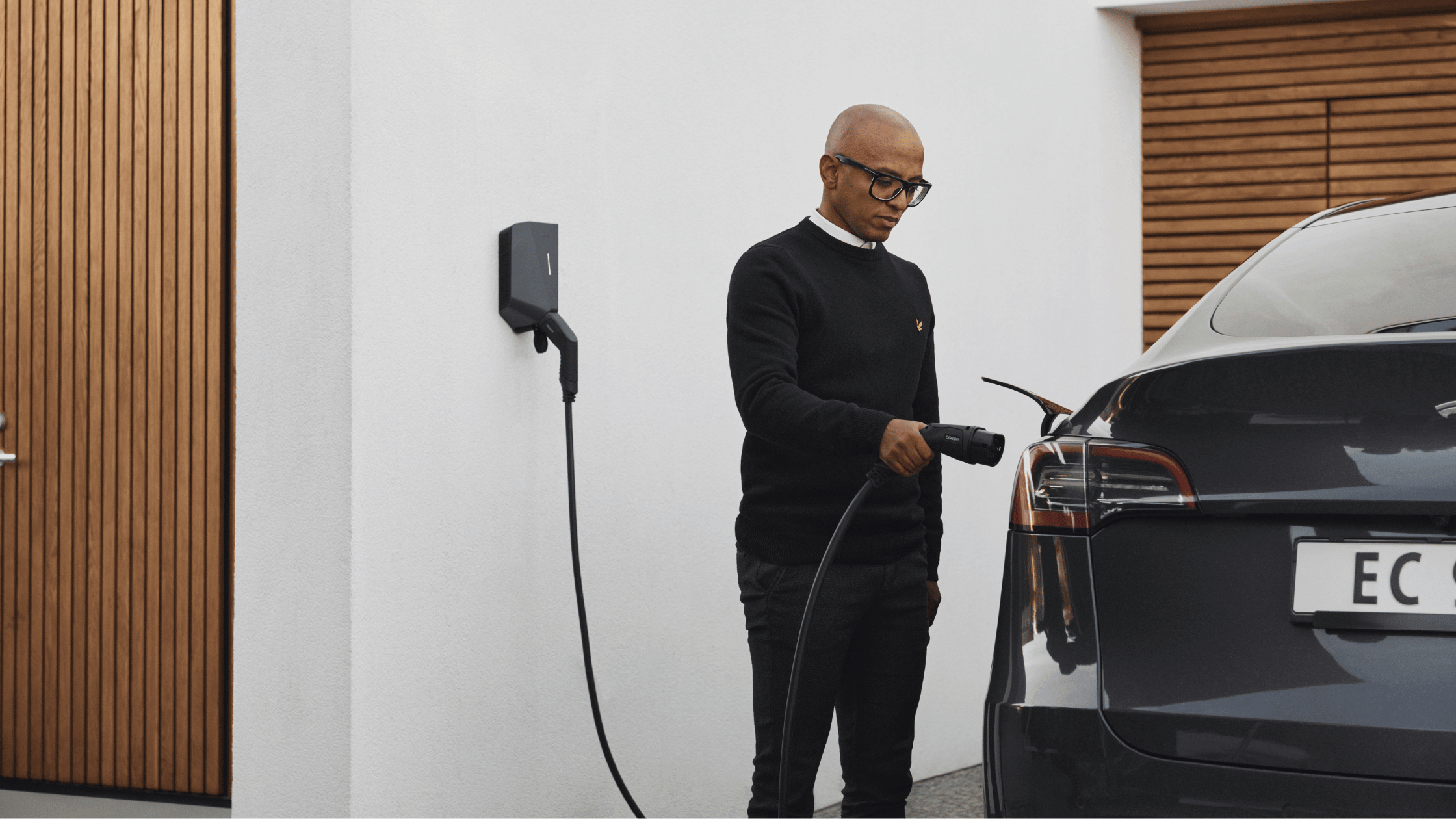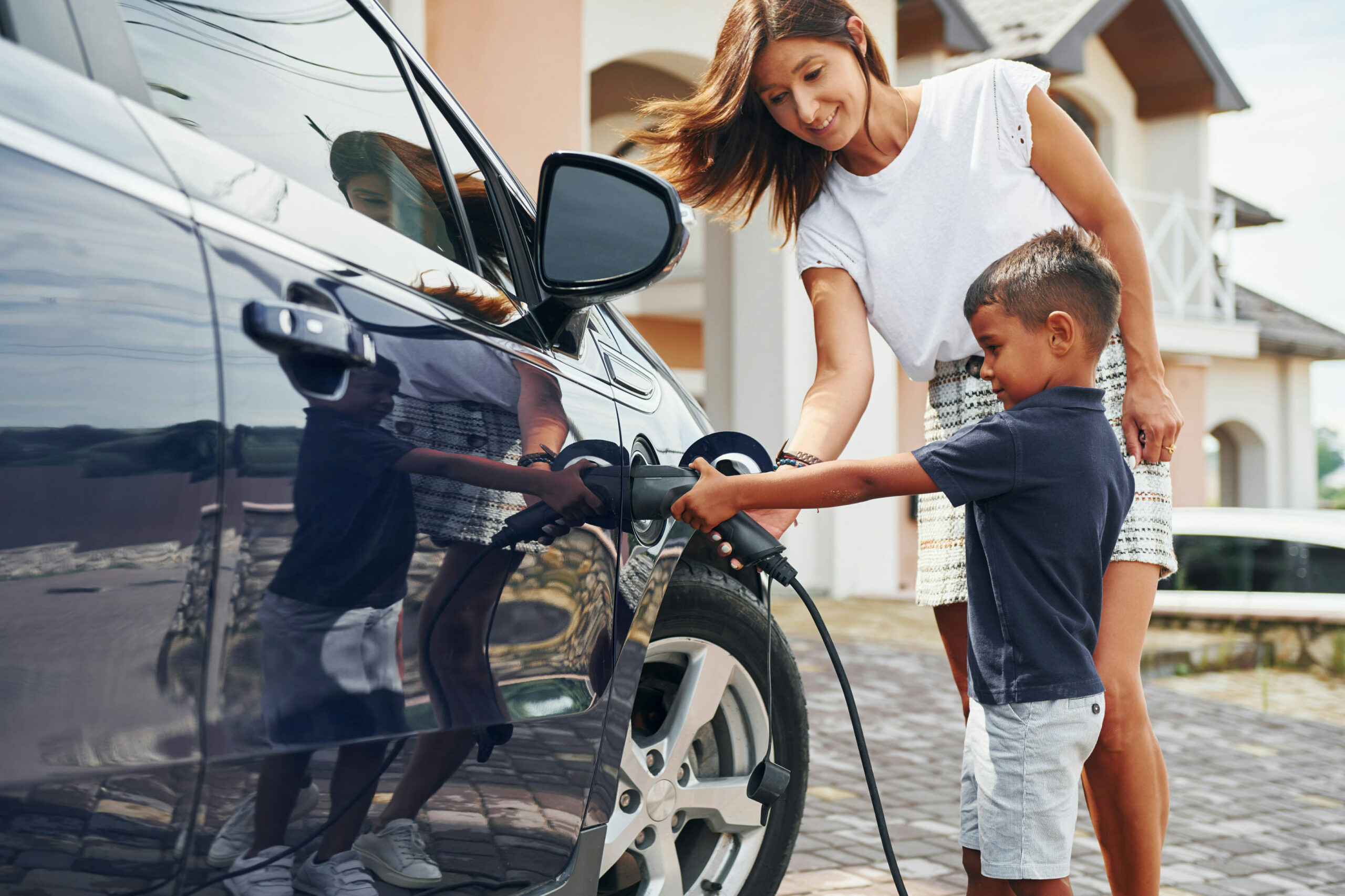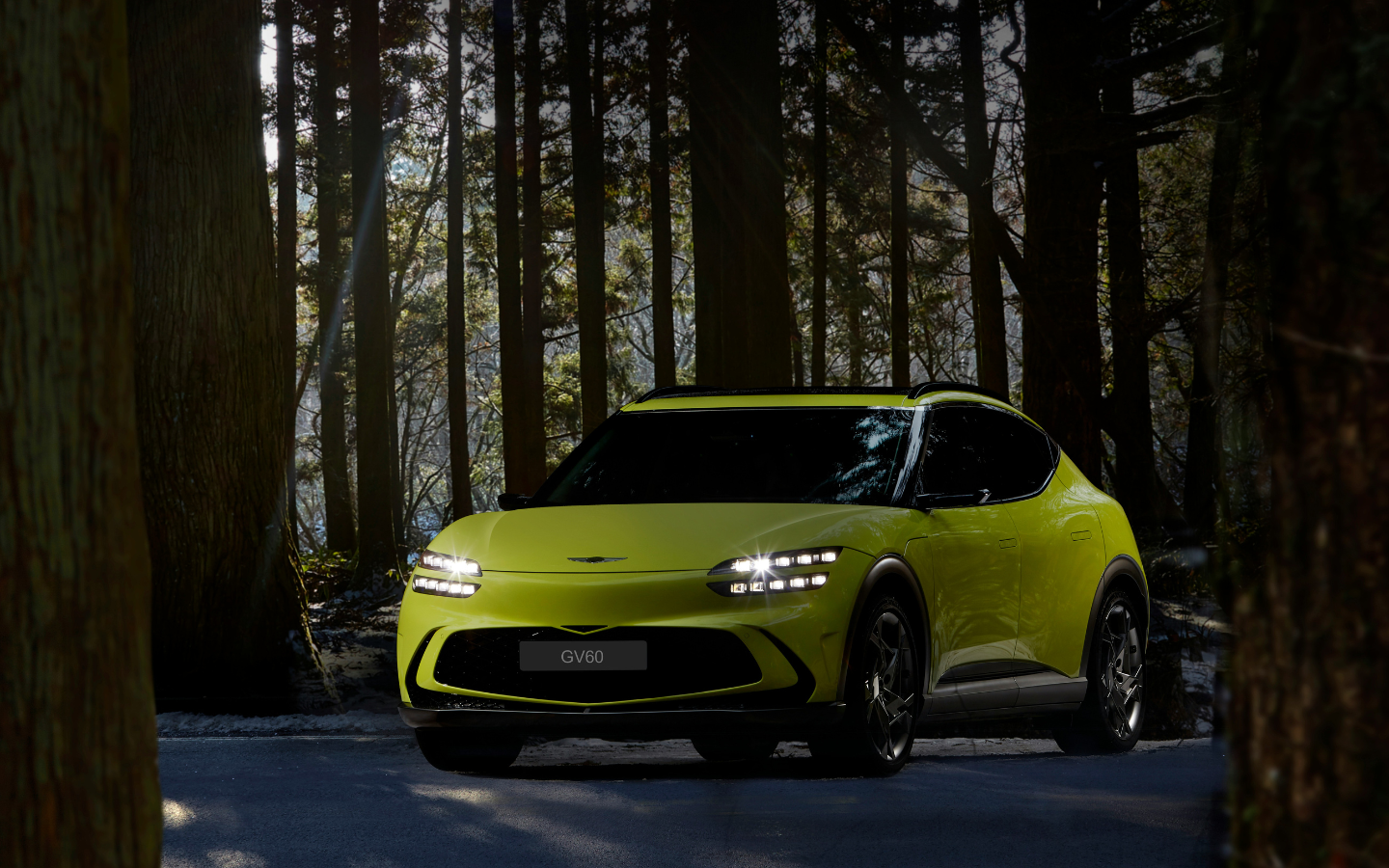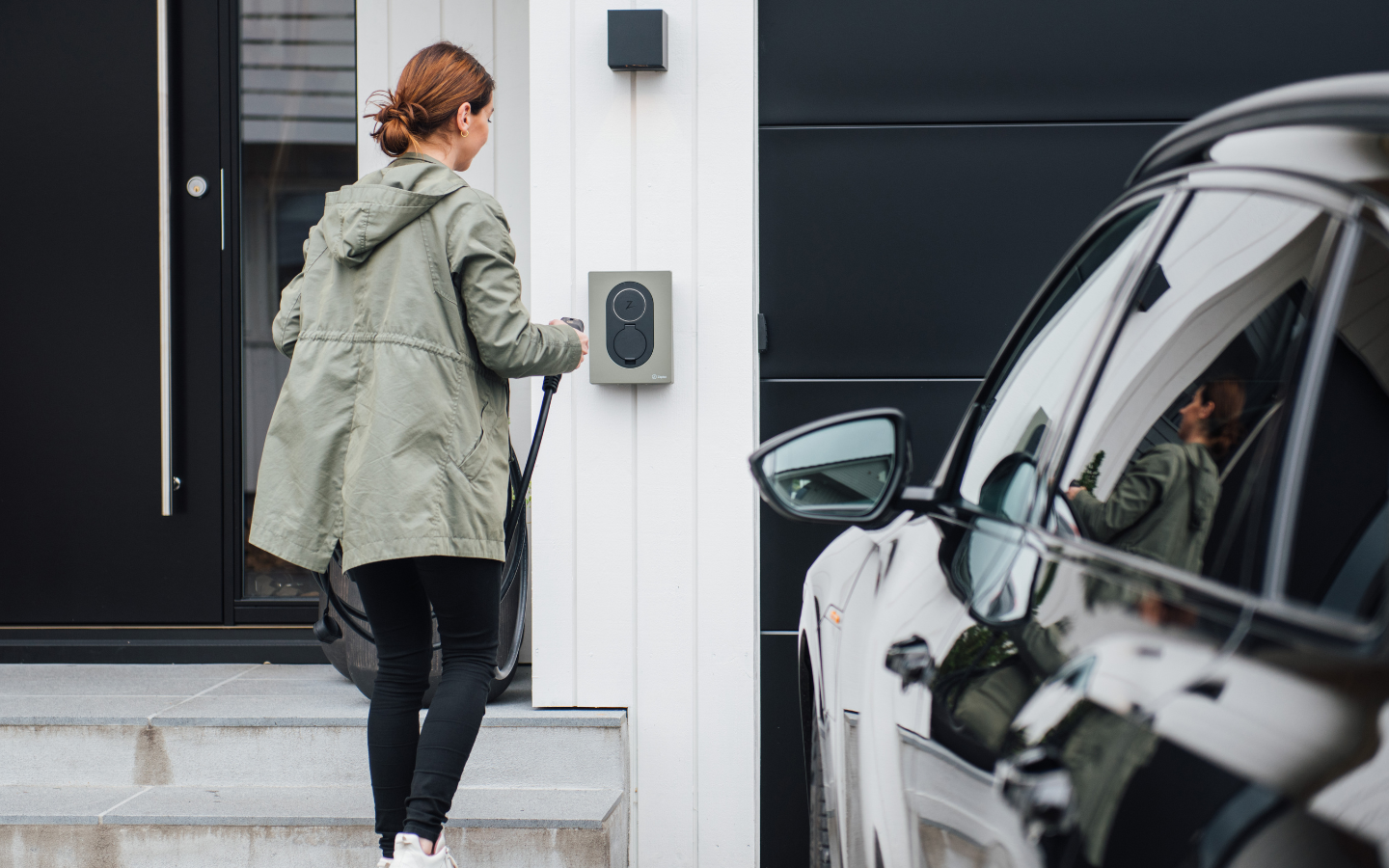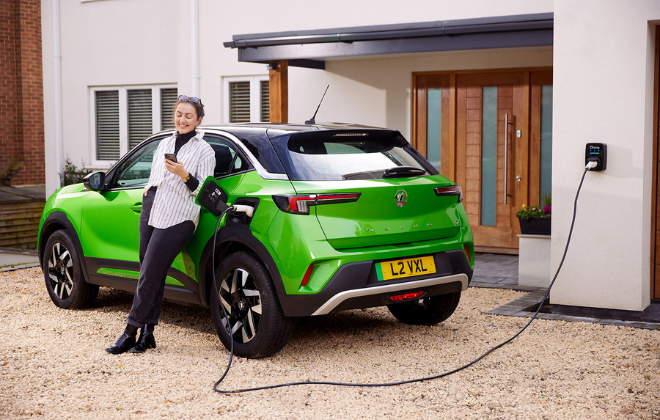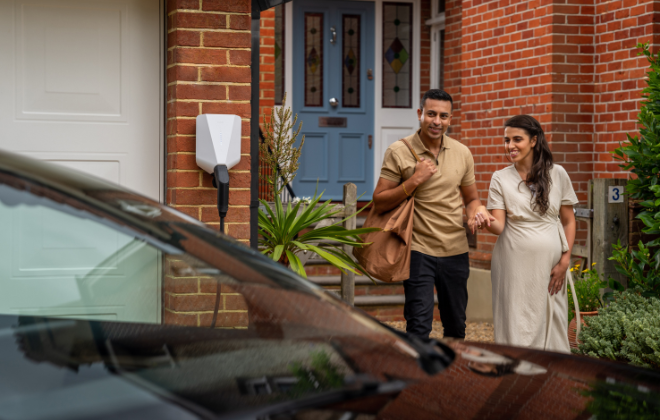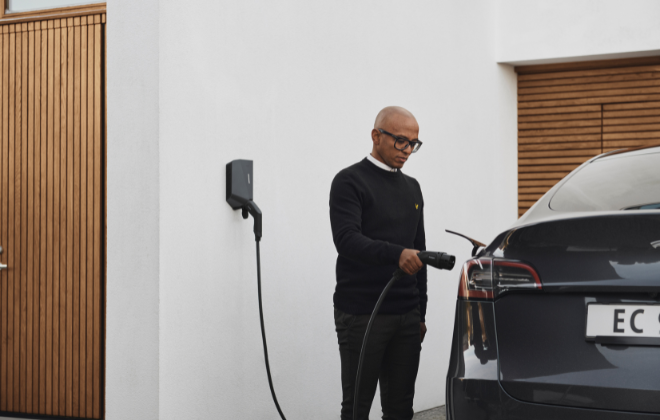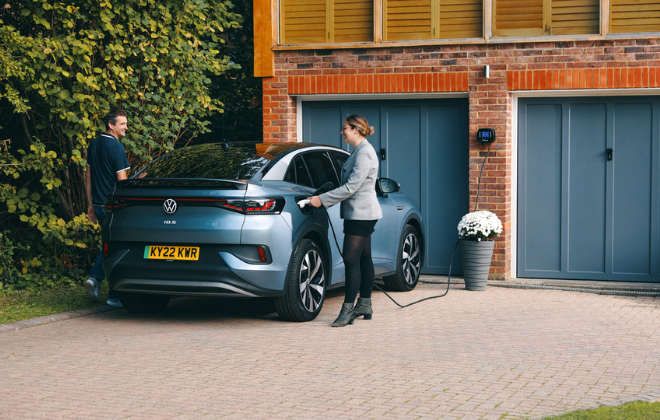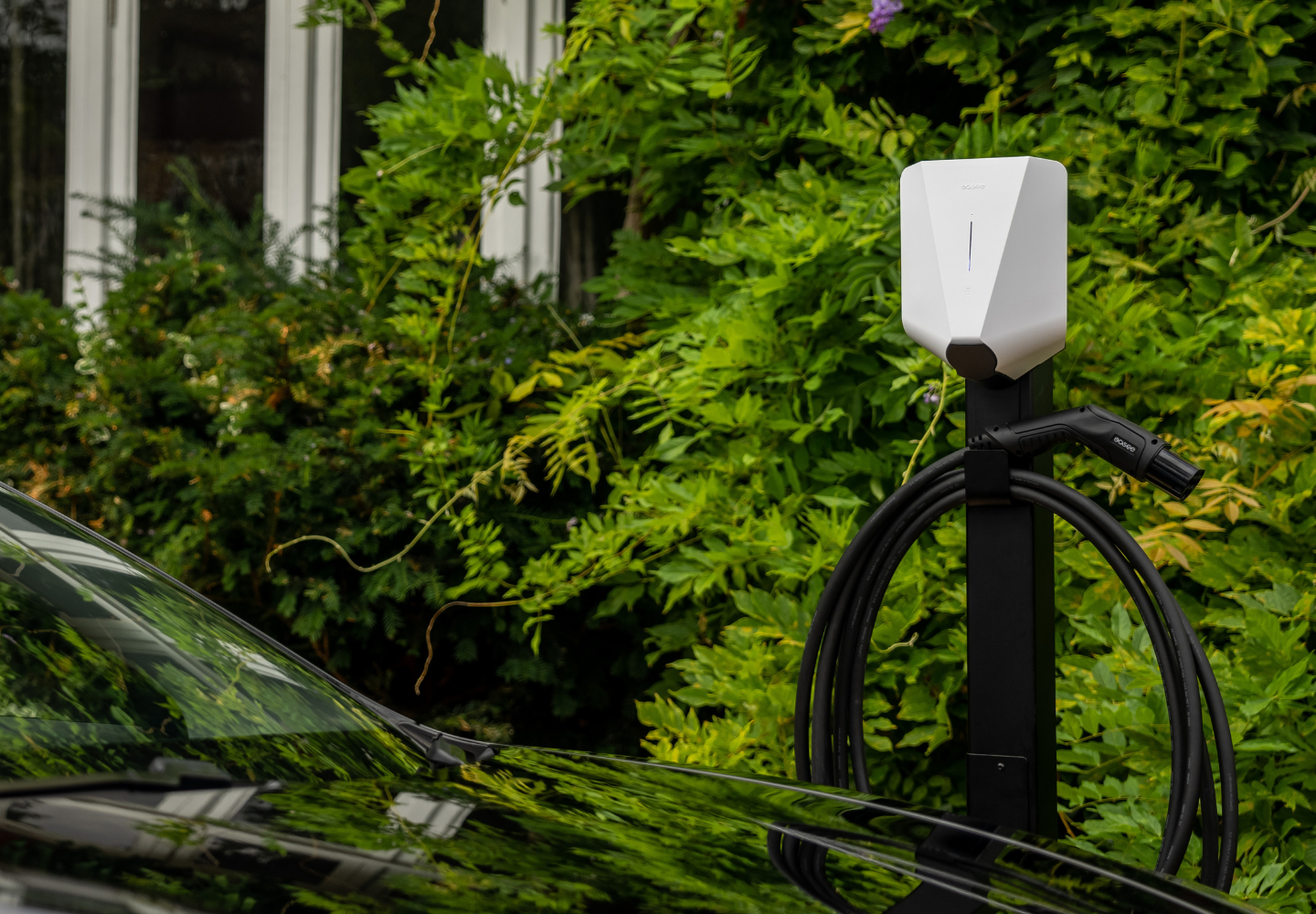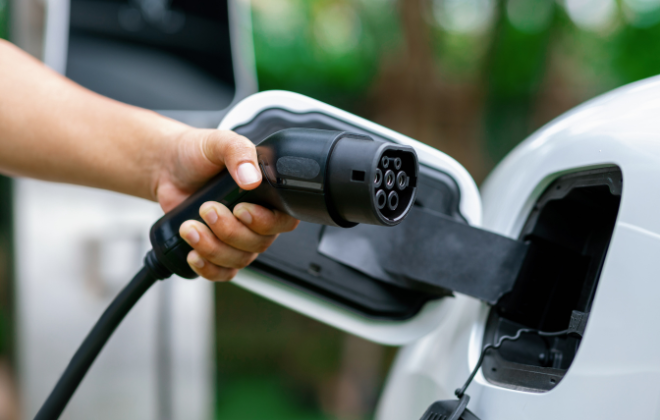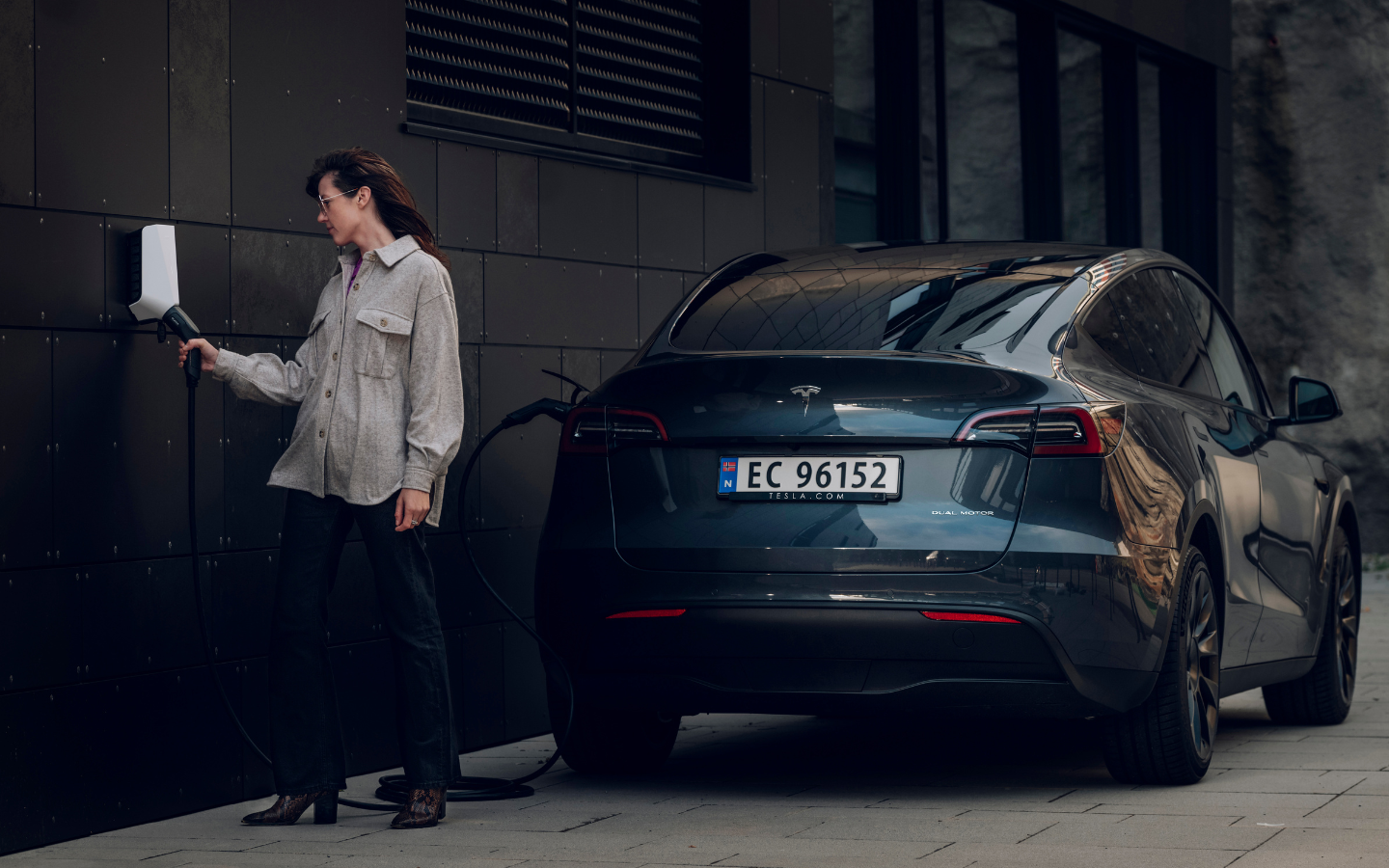

A guide to 11kW EV chargers
A guide to 11kW EV chargers
Are you considering an 11kW EV charger for your electric vehicle (EV) but unsure where to begin? Look no further – our comprehensive guide is here to provide you with all the information you need.
Stay tuned as we provide practical insights to help you navigate the world of 11kW electric car chargers – from 11kW charging times to 11kW compatible EVs and the best 11kW EV chargers on the market.
How fast does an 11kW EV charger charge?
11kW EV charging is classified as fast charging, with 11kW EV chargers providing approximately 38-40 miles of range per hour at 11 kilowatts. Overall, an 11kW EV charger charges an electric vehicle at a faster rate compared to a 7kW charger but slower than a 22kW EV charger.
Of course, charging your car depends on a number of factors; the state of the battery (full charge or top-up), weather conditions, the number of electric vehicles, and more.
To understand the difference between kilowatt (kW) and kilowatt-hour (kWh) in detail, please read our blog.
What’s the difference between 7kW and 11kW EV chargers?
The difference between a 7kW EV charger and an 11kW EV charger is the charging rate – 11kW chargers will charge faster than a 7kW EV charger due to the higher charging rate, adding 38-40 miles of range per hour compared to 7kW chargers that add 25-30 miles of range per hour. 11kW chargers are, therefore, nearly sixty per cent faster than a 7kW charger.
Does an 11kW EV charger need a 3-phase electricity supply?
In short, you cannot have an 11kW electric car charger installed on a single-phase electricity supply. Anything higher than 7kW, including 11kW and 22kW EV chargers, will need a three-phase electricity supply in order to provide the higher charging rate – whether at home or at your commercial/workplace property.
Most domestic UK properties have single-phase electricity supplies, so if are interested in upgrading to a three-phase electricity supply, you will need to consult with your local DNO to determine if a three-phase supply can be installed before you can have an 11kW car charger.
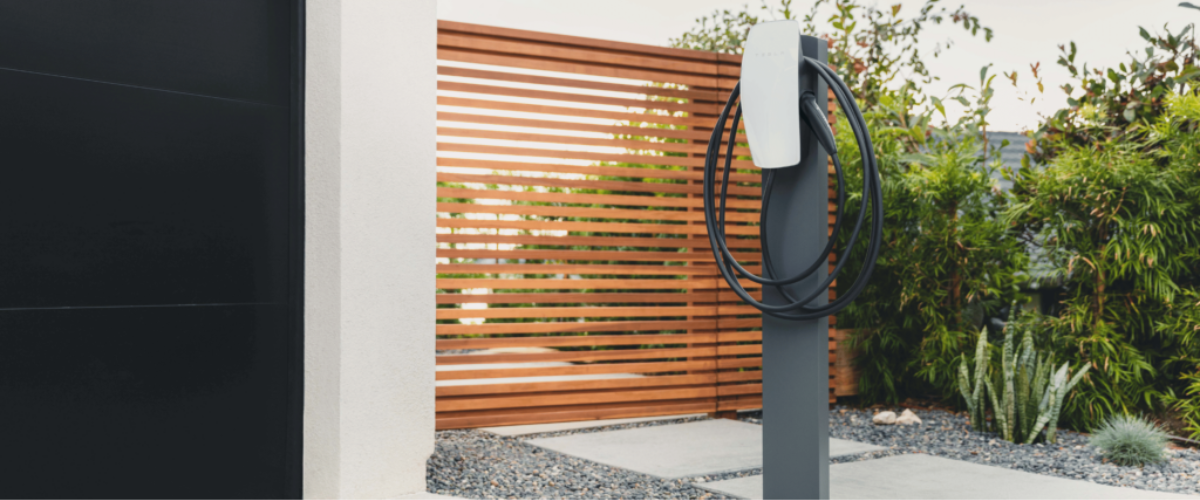
Can I have an 11kW EV charger at home?
Yes, you can have an 11kW EV charger at home. However, as previously stated, you will need a three-phase electricity supply to take advantage of the 11kW charging rate.
Is it worth investing in an 11kW home EV charger?
In our opinion, if you want a higher EV charging rate, you should opt for a 22kW EV charger rather than an 11kW EV charging point, as upgrading to a three-phase electricity supply is expensive and time-consuming. With little price difference between an 11kW and 22kW EV charger, you might as well invest in the highest charging rate available at home if you are opting to upgrade your electricity supply. Why? Because this could future-proof your unit if you decide to invest in a new EV that can handle higher charging rates.
Another point to consider is your electric vehicle’s maximum onboard charging rate. While EVs can take advantage of higher DC charging rates – such as public chargers at motorway stations at 50kW and above (sometimes referred to as rapid chargers) – each EV has a maximum AC charging rate.
Most EVs have a maximum onboard charging rate of 7kW, which is why 7kW EV charging at home is the most common. Therefore, if your maximum AC onboard charging rate is 7kW and you invest in an 11kW home charger, you, unfortunately, won’t charge any faster.
When it comes down to the choice between a 7kW or 11kW home charger, it’s best to assess how desperately you want the additional charge compared to the large cost of updating the three-phase. That being said, if your electric car has an 11kW or higher onboard charger and you are willing to pay the additional costs, you will charge faster – meaning shorter charging sessions.
Which electric cars can charge at 11kW?
The Tesla Model S, Model X and Model Y are the most well-known EVs that are capable of 11kW charging, as long as they have the appropriate charging cable that fits a Type 2 connector and a compatible charging station.
Not only does Tesla stand out by offering 11kW charging, but you can charge your Tesla at even faster speeds with their Supercharger network.
Here are some other popular EV models that can charge at 11kW:
1. Audi e-tron
2. BMW i3
3. Mercedes-Benz EQC
4. Porsche Taycan
5. Renault Zoe
Before opting for an 11kW charger, it’s recommended that you consult your vehicle’s manual or reach out to the manufacturer for specific information on charging options and requirements.
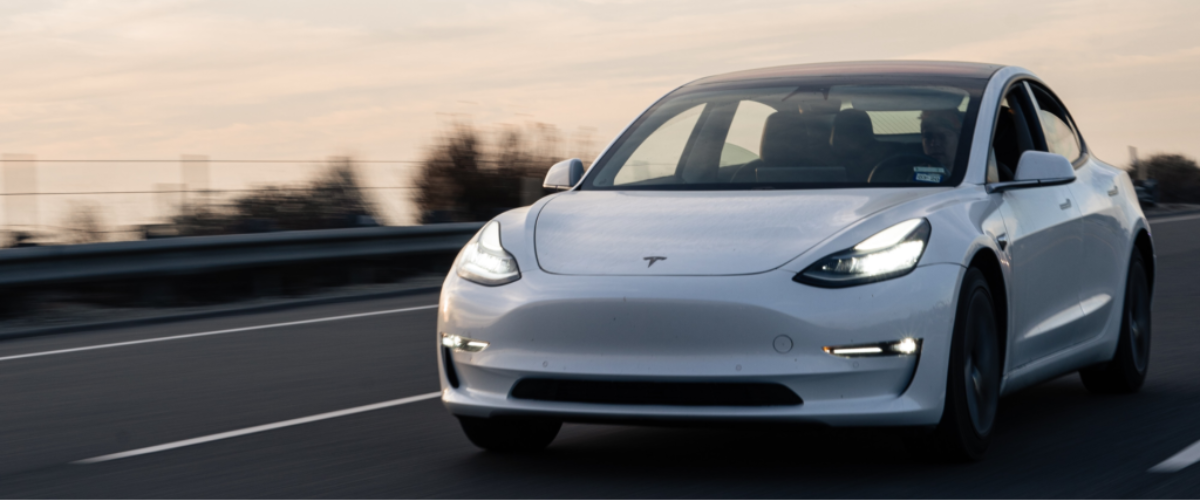
What is the best 11kW EV charger?
11kW chargers are not unheard of, but most manufacturers produce either 7kW or 22kW EV chargers, making them far from the norm. That being said, there are a select few options out there, including the Tesla 11kW charger – the ‘Wall Connector’ – the WallBox Pulsar Plus 11kW, and the Project EV 11kW – that are dedicated 11kW EV chargers.
However, the best 11kW EV charger is the Easee Charge, in our opinion. And while technically, this EV charger is rated 22kW and not 11kW, it has an adjustable charging rate. So, the Easee Charge can charge your EV from 3.6 kW – 22 kW, meaning you can set your Easee charging robot to charge at 11kW if you wish.
The Easee Charge’s fully dynamic charging power ranging from 1.4 kW to 22 kW, offers flexible and versatile charging options for electric vehicles. This capability allows for both 1-phase and 3-phase charging, accommodating different electricity supplies and charging speeds to match your charging needs.
How much does it cost to install an 11kW EV charger at home?
On average, the home charge point installation cost of an 11kW EV charger will be more than a 7kW EV charger installation. While a standard 7kW home EV charger installation is around £800-£1,200, an 11kW EV charger (not including the upgrade to three-phase) will be more – estimating around £1,200- 1,500 fully installed – not including the additional cost to upgrade to three-phase.
Of course, similar to 7kW, it depends on whether your installation falls under a standard installation – for example if more than 10 metres of cabling is needed, additional costs will be accrued.
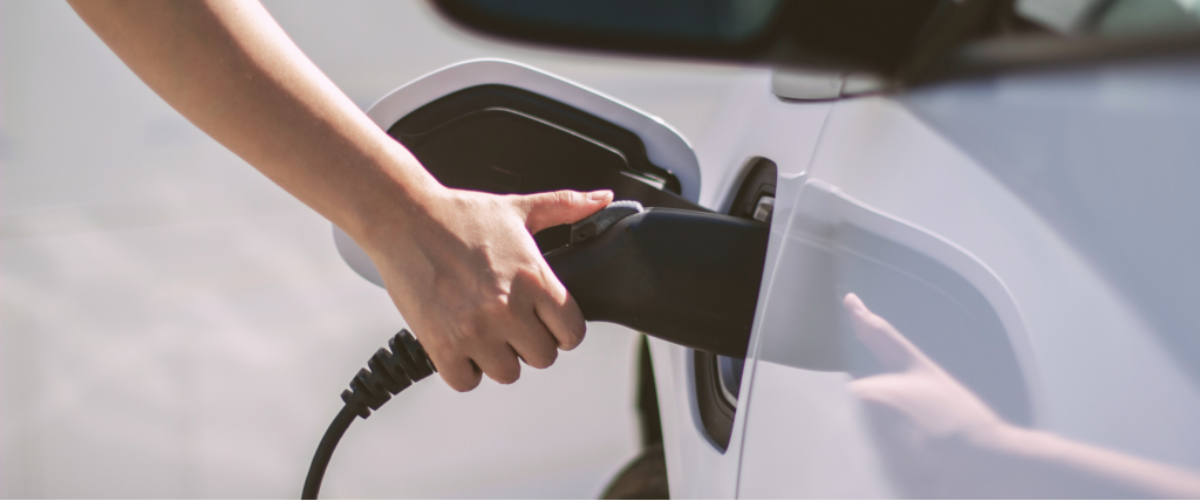
Summary:
- 11kW EV chargers charge nearly 60% faster than 7kW chargers and provide approximately 38-40 miles of range per hour.
- 11kW EV chargers require a three-phase electricity supply and cannot be installed on single-phase properties.
- Consider your electric vehicle’s maximum onboard charging rate before deciding to invest in an 11kW home EV charger – it may not be able to accept an 11kW charging rate.
- Electric vehicles such as Audi e-tron, BMW i3, Mercedes-Benz EQC, Porsche Taycan, Renault Zoe, and some Tesla models can charge at 11kW.
- The best 11kW EV charger is the Easee Charge, which has an adjustable charging rate from 3.6kW to 22kW.
- The installation cost of an 11kW EV charger is higher than a 7kW charger, and it varies based on factors such as electrical infrastructure, charging station equipment, labour, and additional upgrades.
- An 11kW home charger costs between £1,200- £1,800 depending on the model, excluding the cost of upgrading to a three-phase electricity supply.
Are you interested in an 11kW EV home charger?
As Tesla-approved electricians and Easee Elite installers, we can install the popular Tesla Wall Connector and the Easee Charge. Contact us today to discuss your options, view our range of 7kW smart chargers, or get your free quote. With engineers across the UK, we can install electric vehicle chargers across the United Kingdom with fast lead times.
For more information and our latest updates, follow us on Facebook, Instagram, Twitter, LinkedIn and YouTube.
Related articles_
Stay up to date on the latest from We Power Your Car_
I consent to receive newsletters from We Power Your Car. Please see our Privacy Policy
